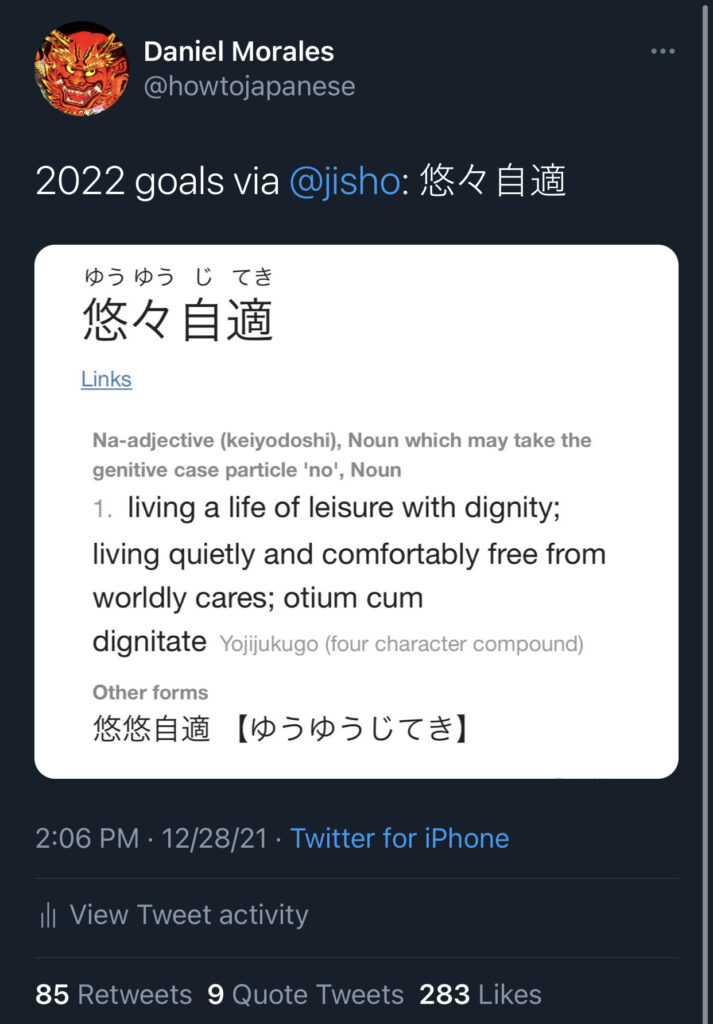We live in a world where the son of Jewish Ukrainian immigrants can grow up in California, get inspired by mariachi music, go on to an incredibly successful pop career in the US… and have one of his hits take on a completely different life in Japan.
Yes, I’m talking about Bittersweet Samba (permasearch) by Herb Alpert and the Tijuana Brass.
The song has served as the All Night Nippon theme song for 55 years. It has a dedicated Japanese Wikipedia entry but not an English one.
I always associated the song with Ninety Nine, but I started using Radiko recently and noticed that it also plays for オードリー (Audrey) and their ANN shows as well.
These are all available on Radiko along with a lot of music shows, like Tatsuro Yamashita’s Sunday Songbook, and news. Previously aired shows are available for a week after they’ve run, and there’s a ton of live content available as well. I have confirmation that Radiko will work abroad with a VPN, and there’s a plugin for Chrome-based browsers as well.
It’s difficult to express exactly how much Japanese language content is available right now. It’s an impossible amount. Literally unimaginable to 1999 Daniel. Radiko is just a drop in the bucket. Now that I think about it, I don’t think I could input Japanese into my computer until 2002 or 2003 at least…I have vague memories of needing to use a Hotmail account to send Japanese emails because my college only had ASCII-based email or whatever.
This is just a short post to share this resource, but I guess one of the lessons is that it’s all out there for you right now. Consistency is the way to understand it all, which I’ll get into in the newsletter this month…keep an eye out for it.

